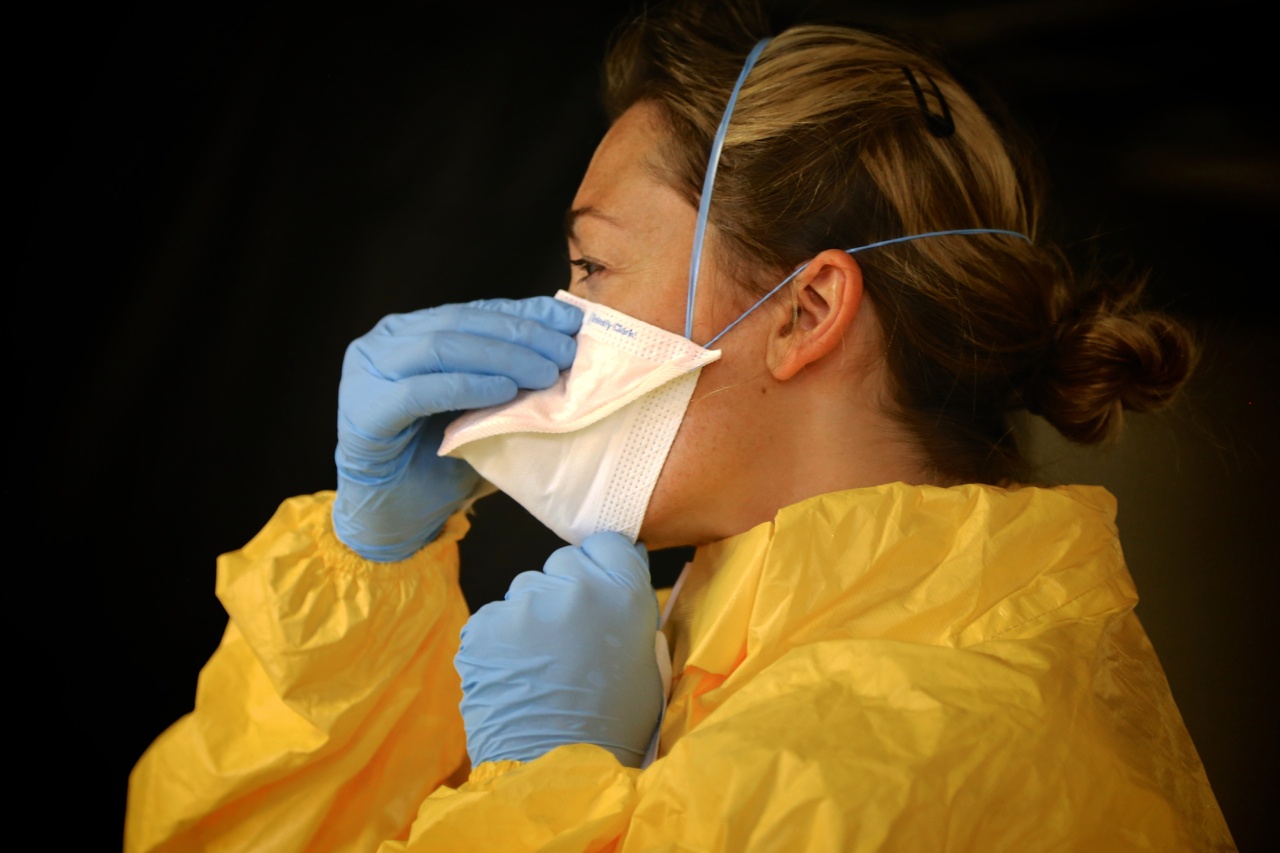Listachia is a condition in which the skin on the soles of the feet and palms of the hands becomes thick, scaly, and itchy.
This condition, also known as palmoplantar psoriasis, is a chronic autoimmune disorder that affects approximately 10% of people with psoriasis.
Causes of Listachia
The exact cause of Listachia is unknown, but it is believed to be related to an overactive immune system that triggers inflammation, leading to the buildup of skin cells.
Factors that can trigger this condition include stress, injuries to the skin, infections, and certain medications. There may also be a genetic component to this condition, as it tends to run in families.
Symptoms
The symptoms of Listachia can range from mild to severe, and they can vary from person to person. Some common symptoms of Listachia include:.
- Thick, scaly patches on the soles of the feet and palms of the hands
- Redness and inflammation around the affected areas
- Itching and discomfort
- Blisters or cracks in the skin
- In severe cases, the skin may become painful or tender to the touch
Prevention
There is no known way to prevent Listachia, but there are steps you can take to reduce your risk of developing this condition or manage its symptoms if you already have it. Some things you can do include:.
- Avoiding triggers such as stress, injuries, and infections
- Using moisturizers or emollients to help keep the skin on your hands and feet hydrated
- Avoiding tight-fitting shoes and socks that can irritate the skin on your feet
- Wearing gloves when you work with your hands
- Avoiding harsh chemicals and detergents that can irritate the skin on your hands
- Taking steps to manage underlying conditions such as psoriasis or autoimmune disorders that can trigger Listachia
Treatments
Treating Listachia can be challenging, as there is no cure for this condition. However, there are several treatments that can help manage the symptoms of Listachia and improve your quality of life. Some common treatments for Listachia include:.
- Topical medications such as corticosteroids or vitamin D analogues
- Phototherapy, which involves exposing the affected areas of skin to ultraviolet light
- Systemic medications such as oral retinoids or immunomodulatory drugs
- Biologic therapies that target specific proteins in the immune system
- Moisturizers or emollients to help keep the skin on your hands and feet hydrated
Outlook
Listachia can be a challenging condition to manage, but with the right treatment and lifestyle changes, most people are able to control their symptoms and enjoy a good quality of life.
It is important to work closely with your healthcare provider to develop a treatment plan that works for you and to take steps to reduce your risk of future flare-ups.
If you think you may be experiencing symptoms of Listachia, contact your healthcare provider for an evaluation and diagnosis. With the right treatment and support, you can manage your symptoms and live a healthy, active life.





























